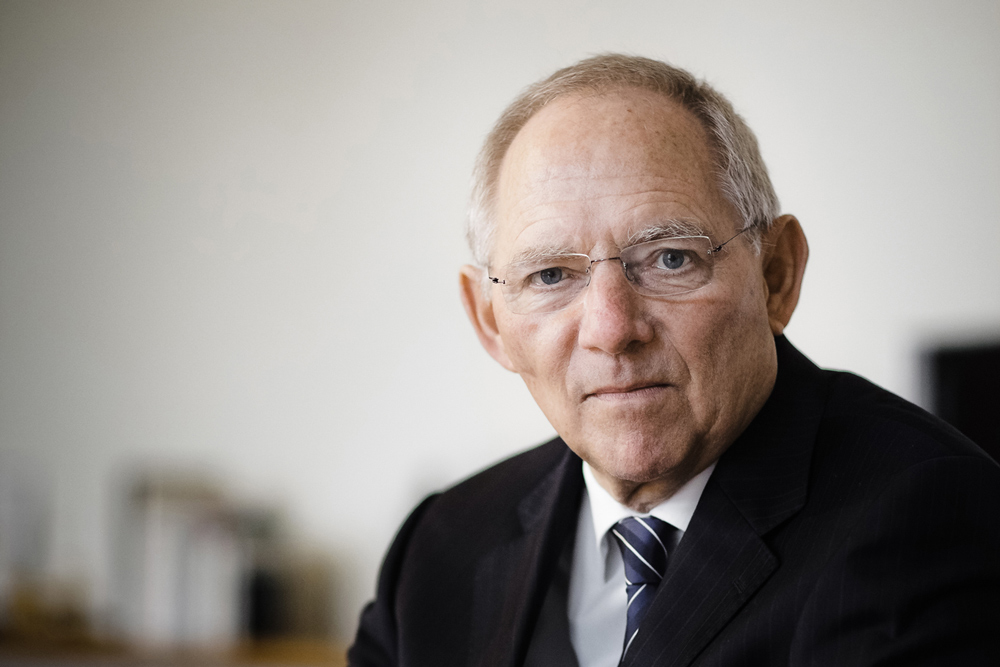Edmund Heaphy | Deputy Editor
German Finance Minister Wolfgang Schäuble said today at Trinity’s Long Room Hub that Ireland’s growth forecast was “a huge exception” in a European economy where most member states are predicting lower than expected growth and called for a stronger political and banking union in Europe.
Schäuble was participating in a panel discussion with Irish Minister for Finance, Michael Noonan. The discussion was facilitated by Trinity College Dublin at its arts and humanities research centre this afternoon. Schäuble said that there was “no magic way to improve the European economy”, but that Europe has a “viable way” and that “structural reforms were needed”.
Schäuble said he “would strongly prefer to have a political union in Europe”, echoing previous statements and suggesting he is strongly in favour of a federal European Union. He said he “would be ready to shift parts of national competencies to European institutions”, but that whenever Europe tries to move ahead, it should be conscious of whether members states are “ready for [this] shift”. Schäuble, who has served as Germany’s finance minister since 2009, said that “European integration has always moved ahead in times of crisis”, and in light of this, that ironically, Russian President, Vladimir Putin, “will help [Europe] to strengthen integration sooner than expected”.
Michael Noonan said that the principal cause of the EU crisis was as a result of a failure to “underpin” the common-currency area “with the architecture that you could underpin a common-currency area with”, comparing the Eurozone economic and monetary union to the United States’s fiscal moves in the late 18th century. He said that Europe needs rules which, like the US, “effect a fiscal union” to underpin the common currency, and that a banking union was needed to support the Euro. Noonan said that “one step further by treaty change would be to give the European Central Bank the policy lever that the Bank of England and the [Federal Reserve] have”, saying that as of yet, there was “no agreement” on such a move.
Noonan said that European countries which engaged in structural reform are “the ones that have survived best and are growing”, and those that didn’t are “the blaggards” and said that he would be looking at whether “France and Italy are making structural reforms”. He said he was in favour of giving countries extra time to deal with “excessive deficits” if they agreed to make structural reforms.
Noonan said that he would be in favour of the UK taking a greater role in the European agenda, which would give a “balance” to the “Franco-German axis” of Europe, and signalled that “there were compromises that could be made to keep the UK” in the European Union.
Both Schäuble and Noonan said that if proper European integration required treaty changes, they both would be prepared for that. All European treaty changes, like the changes which occurred because of the Lisbon Treaty, require Ireland to vote on them in a referendum.
Photo by the German Federal Ministry of Finance







